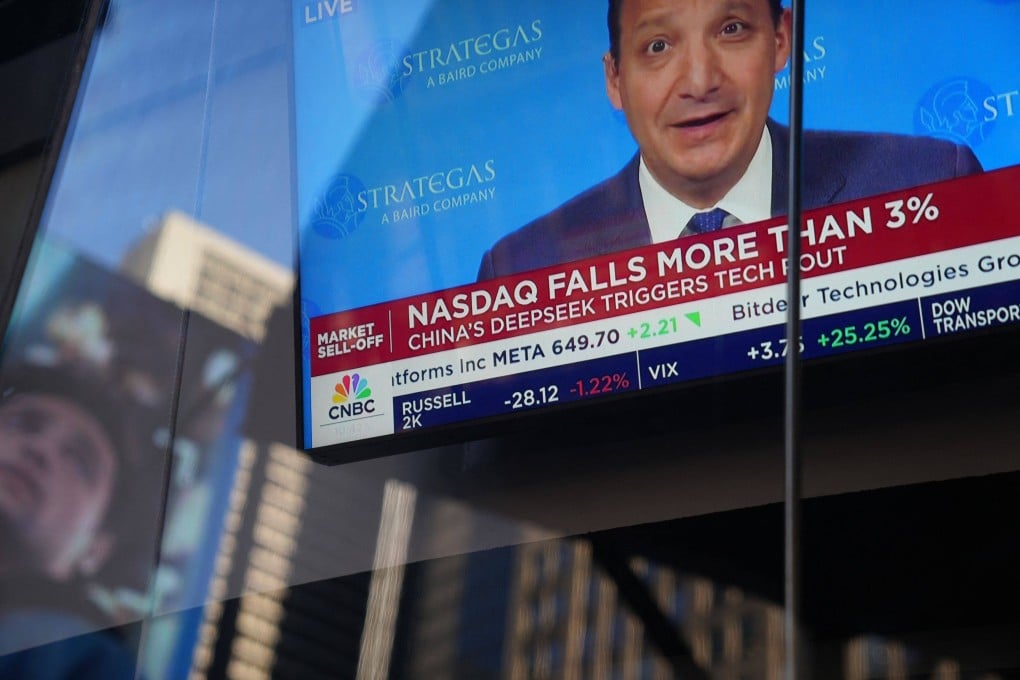Opinion | Why DeepSeek caught so many in the West by surprise
Anxiety around DeepSeek reflects just how much confirmation bias about China has prevented many in the West from understanding the country

There is little room for nuance in such talk, and people on the other end often do not want to hear about any achievements or progress in China; nor is there any interest in truly understanding China’s complex political, economic, social, technological and legal ecosystem.
Granted, one should be careful not to generalise too broadly here but it is clear that a mental image has been formed in the West of China and any information challenging that image gets hastily blocked or even sparks disbelief and anxiety.
A dangerous consensus on China seems to be shaping in much of the West, and certainly the Western media. Linked to this image is a large-scale confirmation bias that may result in cognitive dissonance. Both concepts are often used in behavioural economics to understand people’s thinking and decision-making.

